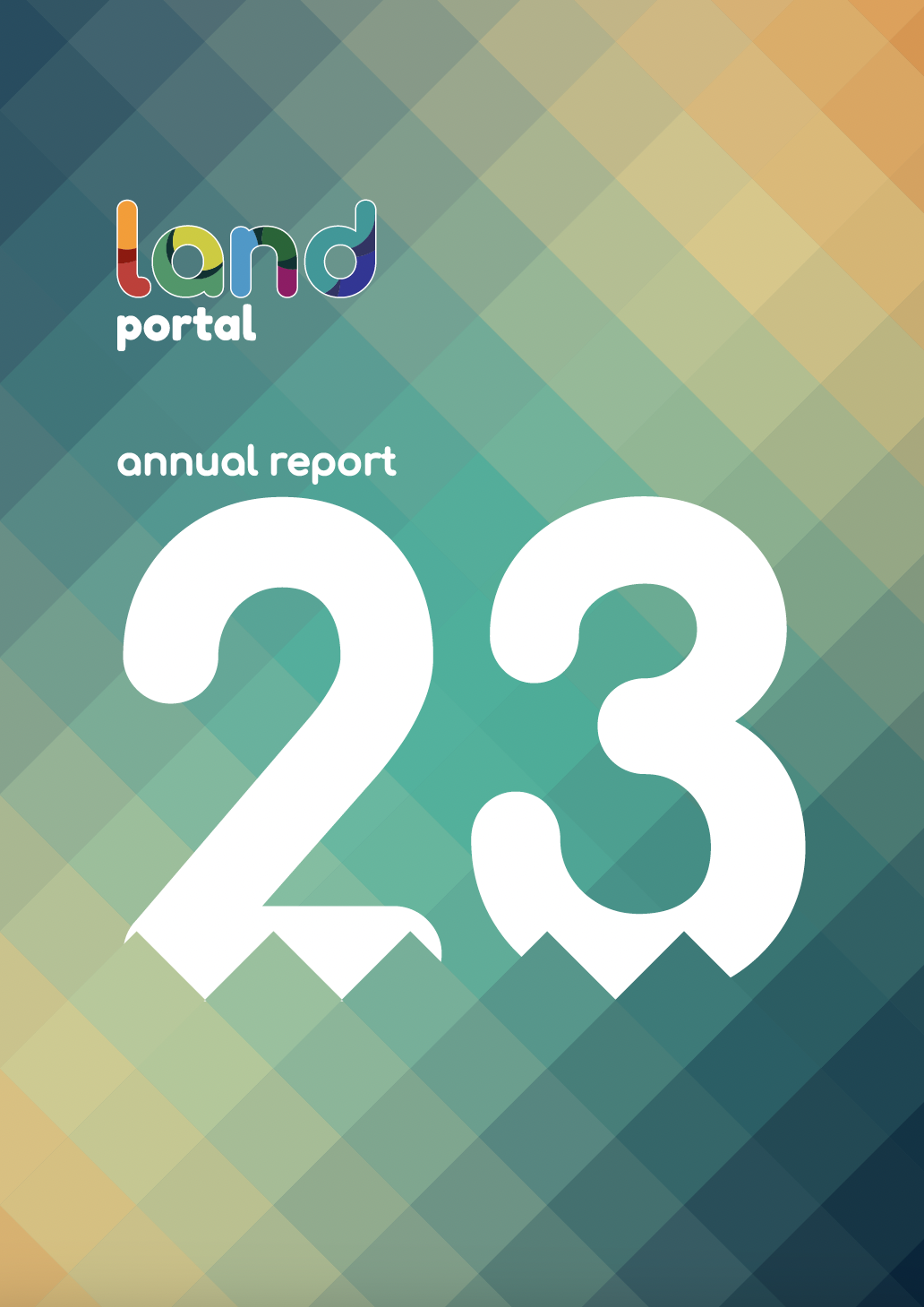Customary Tenure Trusteeships and Land Governance Reforms: A Necessary Convergence
Issues surrounding customary land governance reforms remain at the forefront of policy reforms in many African countries because of concern over discriminatory rules of access, exchange, and inheritance, corruption, elite capture, and illegal land occupations, (Arko Adjei, 2009). The shortcomings in customary land governance extend to the unfettered authority of customary land trustees, usually, traditional leaders (chiefs and family heads) who retain autonomous control over land as defined by customary norms and practices.



